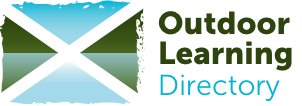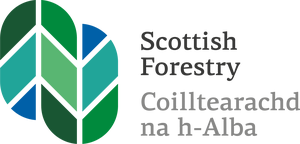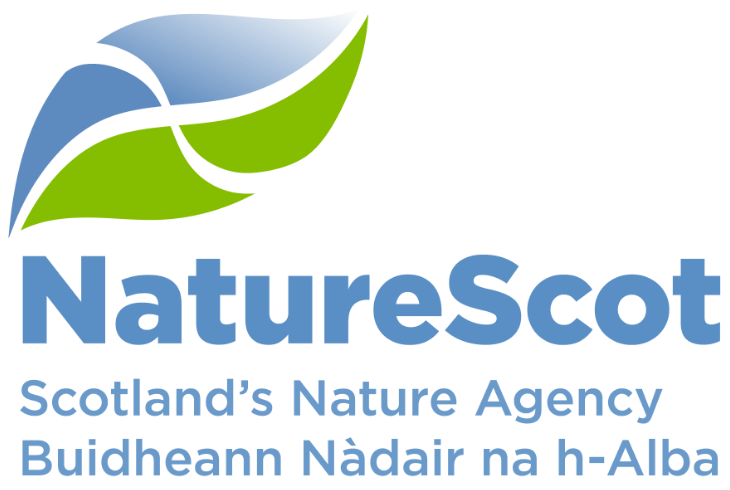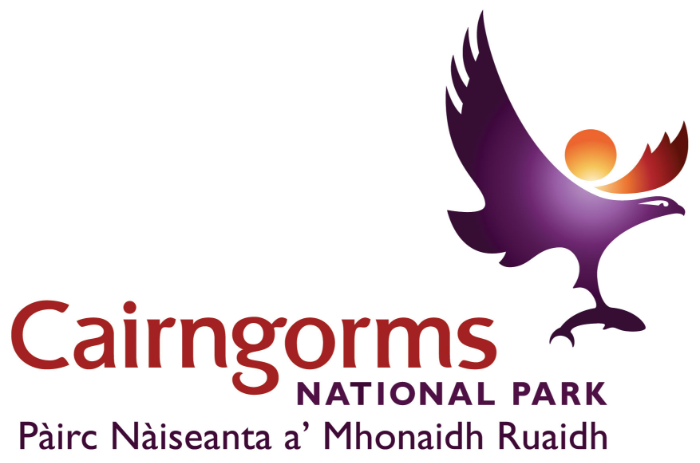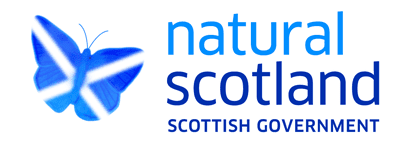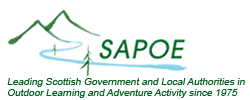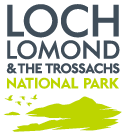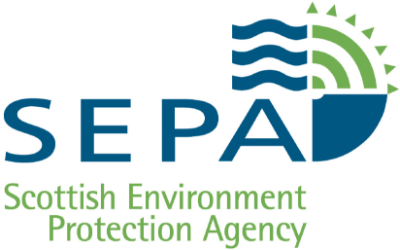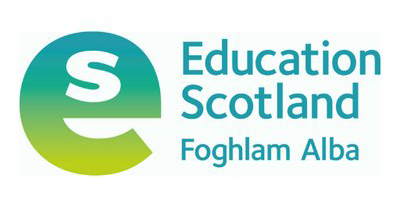Planet Earth Noo Needs Oor Help
Climate Action Fife has teamed up with acclaimed Fife-based poet Len Pennie to highlight the urgent need to tackle the climate crisis. Planet Earth Noo Needs Oor Help is a short Scots poem written to support the call for climate action across Fife. The poem was performed and filmed on [...]
Easy Wins for Climate Change Education in England
This Metlink blog post (15 June 2023) highlights a report published by the Royal Meteorological Society (RMetS). This reveals that there are many opportunities for better climate change education within the current secondary school curriculum in England. A key finding was that, through supplying teacher support and assessment resources, very [...]
Sensory Woodland Stories
OWL Scotland has developed this range of simple and inspiring education story resources for children with complex additional needs. Scripts and suggested props to allow for extra engagement and flexibility to suit the children you are working with. The Storytelling Tips and Origins resource accompanies these cards and provides tips to enhance [...]
Flowers of spring and summer
Plantlife shares images of flowers to identify as spring and summer unfolds. Check out the fascinating natural facts and cultural stories around each species. Plantlife is involved with Species on the Edge in Scotland.
Outdoor learning is key in developing skills for the future, says Scottish Government report
The Scottish Government have published the Commission for the Land-Based Learning Review: report to Scottish Ministers. The context is provided here. This report explores how the learning system in Scotland could be adapted to build the skills and knowledge needed for Scotland’s transition to net zero carbon emissions. Among a [...]
Live lesson 19 April 2023 – Stories for nature with Piers Torday
Sign up your class for this Encounter Edu live lesson, pitched for children aged 9-11 years, to celebrate Earth Week 2023! Piers Torday, a best-selling children’s author, will talk about how to write stories for nature. In this live lesson, classes will learn about the power of storytelling to inspire [...]
Local wild place learning
The John Muir Trust have shared an Onthank Primary School pupil-led short film showcasing local wild place learning. Enjoy a case study on the impact of their learning through improving health literacy and numeracy, and read the Transformative Evaluation pilot report.
Lost For Words – 6 minute video
Watch this short teaser video for the documentary project Lost For Words (Rétroviseur Productions 2022). Why not use this to support discussion about nature and climate literacy in schools?
